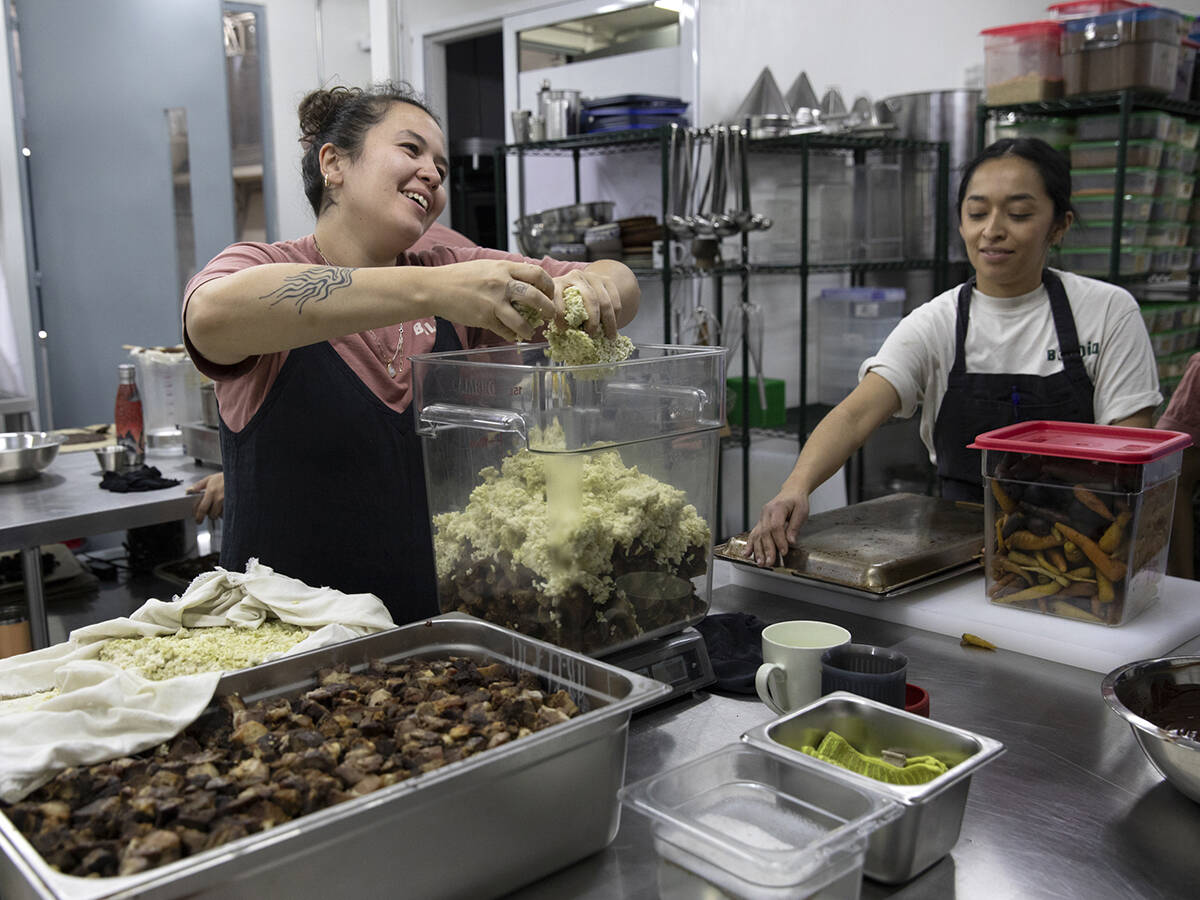Canadian officials are continuing to investigate the origins and contents of mysterious, unsolicited seed packages that have been showing up unexpectedly in mailboxes across the country.
The Canadian Food Inspection Agency began receiving reports last month of small packages containing unidentified seeds.
The unsolicited seed packages have been arriving in the mail and have been received by residents in most Canadian provinces, the CFIA has confirmed.
The source of the mystery seed packets and why some Canadians are receiving them remains unclear.
The CFIA said it has reports from more than 750 people across Canada who have received unrequested packages of unknown seeds.
Read Also

Restaurant blends zero waste, ancient farming
A Mexico City restaurant has become a draw for its zero-waste kitchen, which means that every scrap of food and leftovers is reused for other purposes.
So far, there have been no reports of unsolicited seeds being sent to residents in the Northwest Territories, Yukon Territories or Nunavut.
Similar packages have also been mailed to United States residents in a number of American states.
U.S. authorities have indicated that the mysterious packages appear to have originated in China, a claim that has been disputed by government officials in Beijing.
The CFIA said the packages were postmarked as being from several countries, with many being declared to contain toys or jewelry.
It has determined the seeds are from several species, including tomato, strawberry, rose and citrus, as well as some weed seeds that are common in Canada, such as shepherd’s purse and flixweed.
The seeds appear to be low risk, the CFIA said. However, Canadians are cautioned to not plant seeds from unknown origins.
“It remains unclear why some Canadians are receiving the seeds, or their originators, although some of the recipients reported having ordered seeds online in the past,” the CFIA said.
“The CFIA is considering all options, including the possibility that an e-commerce business is trying to boost online sales by sending unrequested products to customers and posting fake positive reviews, also known as brushing.”
In Canada, the CFIA said people should not plant the seeds, but retain them and the packaging and contact a CFIA office.
“The CFIA is continuing to gather information from individuals who have indicated that they are in receipt of unsolicited seed packages,” the agency said in a statement distributed by Wendy Asbil, national manager of the CFIA’s invasive alien species and domestic plant health programs section.
“As the CFIA looks into the matter, we want to reiterate that the most important action for Canadians to take is to avoid planting seeds they did not order.
“Canadians are also being asked to not put the seeds in the trash or compost them where they could sprout.”
The CFIA says the seeds could be from an invasive plant species or could contain foreign plant pests or diseases that could be harmful to the environment as well as the Canadian agriculture and horticulture industries.
Seed industry groups, including the Canadian Seed Trade Association and the Canadian Seed Growers Association, issued a joint statement reassuring Canadians that the safest way to acquire seeds is through reputable Canadian companies.
“With recent reports of individuals receiving unsolicited packages of seed in Canada and the United States, Canada’s seed industry wants to reassure Canadians of our food safety measures and that you can trust the seed you purchase from Canadian companies,” the groups said.
“The government has an excellent inspection system in place to protect the supply chain — audits, quality verification, and multiple testing points ensures that seeds that are sold for planting are safe.”
Seed imported to Canada by seed companies and by producers must be tested before use, the joint statement said.
Seed safety is always important, but the topic is particularly relevant in 2020, which is the International Year of Plant Health.
The goal of the IYPH is to raise global awareness on how protecting plant health can help to end hunger, reduce poverty, protect the environment, and boost economic development.


















